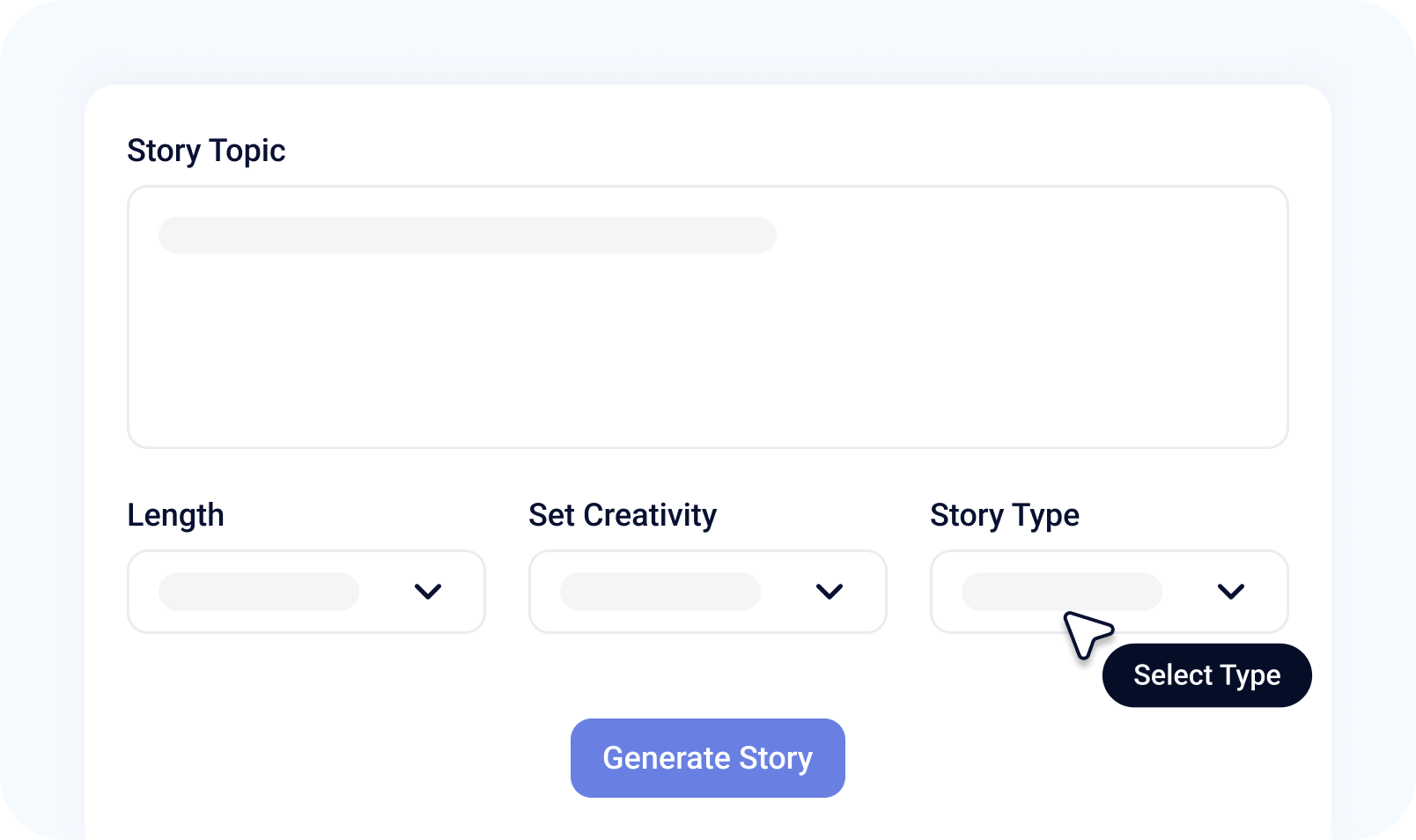 No Text Found!
We couldn’t found any text, Please
enter your text in input filed to rewrite your text.
Go Back
Ignore for now
No Text Found!
We couldn’t found any text, Please
enter your text in input filed to rewrite your text.
Go Back
Ignore for now
 No Text Found!
We couldn’t found any text, Please
enter your text in input filed to rewrite your text.
Go Back
Ignore for now
No Text Found!
We couldn’t found any text, Please
enter your text in input filed to rewrite your text.
Go Back
Ignore for now
 Give Feedback
Give Feedback


 Feedback Submitted
Feedback Submitted
Your feedback will help us improve our tool functionality.

Other Tools
Check out our other provided educational tools